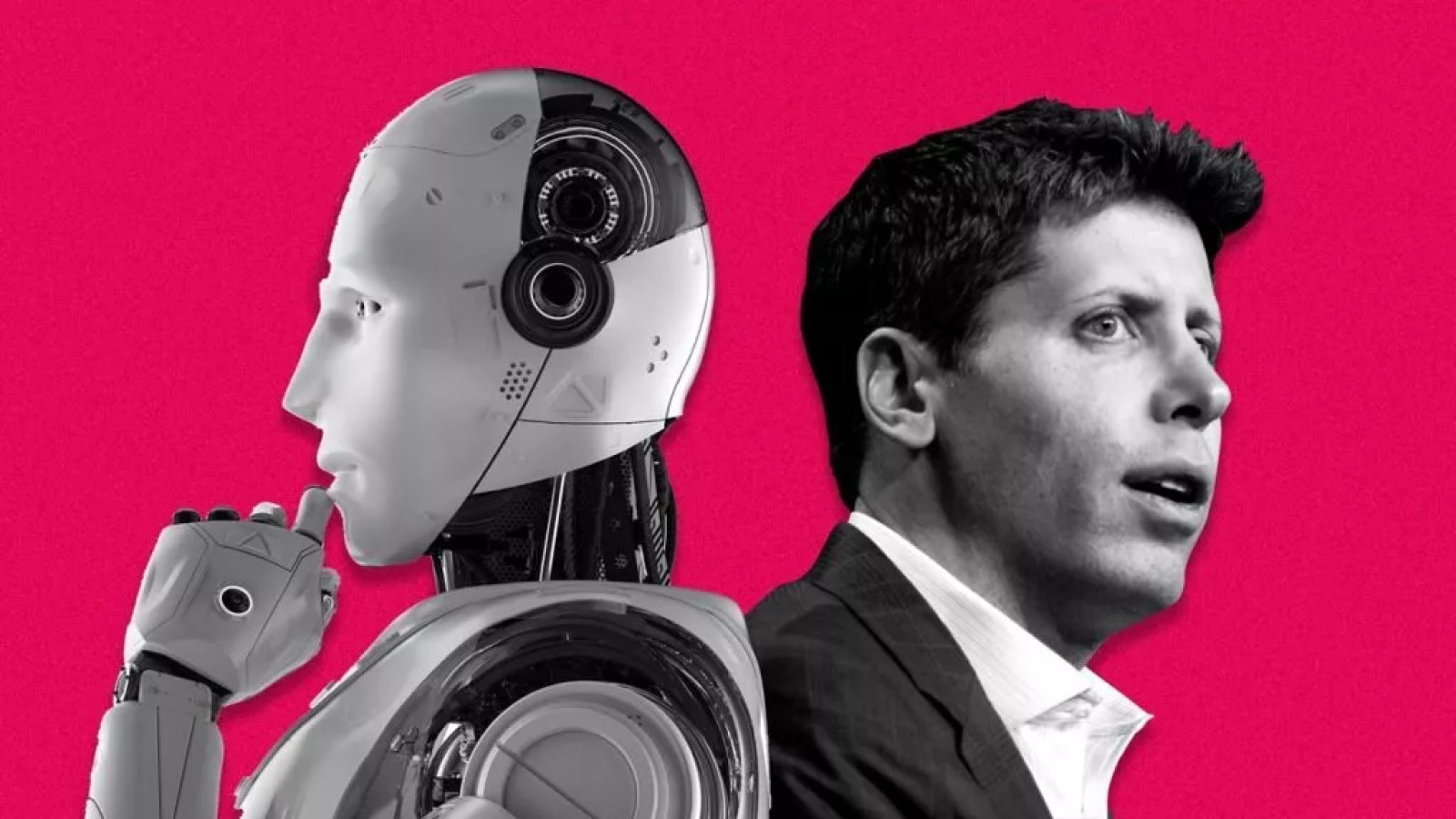2 Minutes
Apple's Study Highlights Generative AI's Struggles with Complex Tasks
Recent research conducted by Apple has unveiled significant limitations in the problem-solving capabilities of advanced generative AI models. The study indicates that while these models can handle moderately complex tasks, they falter when faced with more intricate challenges, underscoring a fundamental difference between machine processing and human reasoning.
Evaluating AI Performance Across Varying Complexity Levels
Apple's research team assessed the performance of large reasoning models (LRMs) such as Claude 3.7 Sonnet Thinking and DeepSeek-R1. These models were tested using controlled environments featuring classic puzzles like the Tower of Hanoi and river-crossing problems. The objective was to evaluate not only the final answers provided by the models but also their internal reasoning processes.
The findings revealed that for simpler tasks, traditional language models (LLMs) without explicit reasoning mechanisms performed more accurately and efficiently, utilizing fewer computational resources. As task complexity increased, models incorporating structured reasoning strategies, such as the "chain of thought" approach, demonstrated improved performance. However, when confronted with highly complex problems, all models experienced a complete breakdown in accuracy, even when ample computational resources were available.
Unexpected Behavioral Patterns in AI Reasoning
A deeper analysis of the models' reasoning pathways uncovered unexpected behaviors. Initially, as task complexity grew, the models extended their reasoning processes. Yet, approaching the point of failure, this trend reversed, and the duration of their reasoning decreased, despite the availability of additional resources.
Furthermore, even when provided with explicit, step-by-step instructions, the models struggled to execute them accurately in complex scenarios. This suggests a fundamental weakness in their logical computation abilities. Additionally, the models performed significantly better on familiar puzzles compared to less-known ones, highlighting a heavy reliance on training data rather than genuine, generalizable reasoning skills.
Conclusion
Apple's research underscores the current limitations of generative AI models in emulating human-like reasoning, particularly when tackling complex problems. These findings emphasize the need for further advancements in AI to bridge the gap between machine processing and human cognitive abilities.
Source: tomshardware



Comments